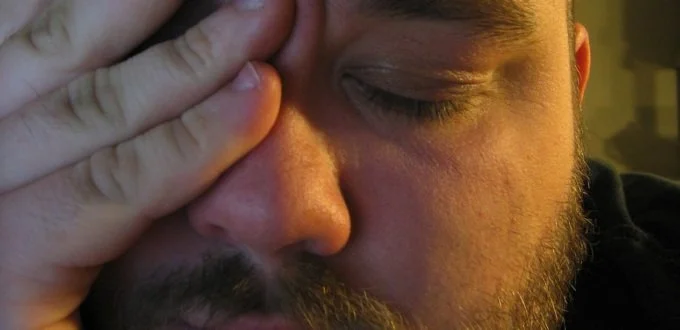Naturalistic psychedelic use and changes in depressive symptoms
This cautionary paper notes: “While growing evidence suggests that psychedelic-assisted therapy may have antidepressant effects in certain populations, little is known about the effects of psychedelic use on depressive symptoms in non-clinical, naturalistic settings. This observational cohort study included a large sample of US residents (18–50 years old) and longitudinally evaluated the relationships between naturalistic psychedelic use and changes in depressive symptoms. 21,990 participants completed the T1 survey and 12,345 completed the T2 survey (56.1 % retention). In total, 505 participants (i.e., 4.1 % of T2 survey completers) reported psychedelic use during the study period. The covariate-adjusted models showed a modest association between psychedelic use during the study period and increases in depressive symptoms (β = 0.12, p = .019). When disaggregated by context of use, psychedelic use in a ‘risk context’ (e.g., negative mindset prior to psychedelic experience, no psychological support present during psychedelic experience) was associated with moderate increases in depressive symptoms relative to no psychedelic use (β = 0.30, p < .001) and psychedelic use not in a ‘risk context’ (β = 0.27, p = .004). Notably, psychedelic use in a ‘risk context’ was strongly associated with having a more challenging psychedelic experience (β = 0.59, p < .001), which in turn was associated with modest increases in depressive symptoms (β = 0.16, p = .007) and accounted for the association between psychedelic use in a ‘risk context’ and increases in depressive symptoms. In conclusion, the findings suggest that naturalistic psychedelic use may not be generally therapeutic and may result in worsening depressive symptoms under certain circumstances. Future epidemiological research should further investigate factors associated with worsening depressive symptoms following naturalistic psychedelic use.”
For more psychedelic news and research, visit the psychedelic health professional network homepage.

